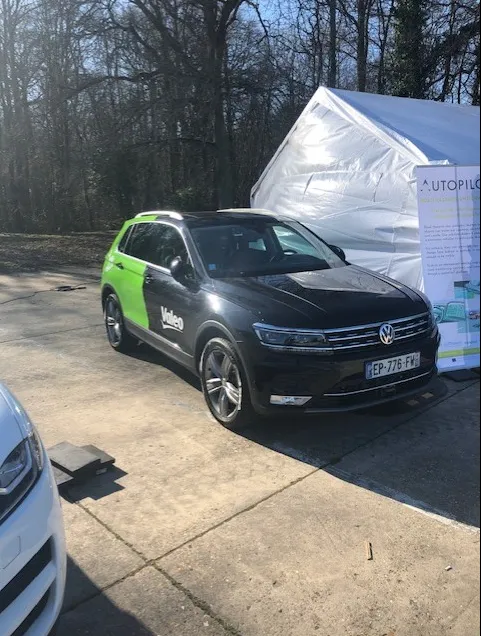The integration of connected and autonomous vehicles (C/AV) into existing road systems “is going to be a legislative nightmare”, warned a former UK government transport minister. Giving the keynote speech at this week’s MaaSMarket conference in London, ITS UK president Steven Norris, said: “Don’t underestimate the legislative challenges – which are infinitely more complex than the technical ones. I can’t think of any development in human history which has posed so many legislative questions.” Chief among these were at what point - and how - C/AV should be integrated into the ‘driver-driven’ fleet. “I would hate to be in the position of a legislature that had to make that choice,” Norris suggested. He said other problems include: how C/AV will fit in with pedestrians and cyclists in urban areas; who would be liable for damages in accidents involving C/AVs; how autonomous vehicles would be programmed to prioritise who to save – for example, a pedestrian child, another road user or the passenger – in the event of a collision; plus when ‘driven’ vehicles would be prohibited from the streets. “I don’t think we are even close to deciding what the parameters of the debate are, let alone coming to any conclusions,” he said. Norris, who was a transport minister in the Conservative government of the early 1990s, also predicted that answers will not come quickly, pointing to the delay in expanding the UK’s airport capacity. “Here’s my tip,” he said to the MaaSMarket audience. “We’ve known we’ve needed an additional runway for 35 years – we still haven’t decided where it’s going to be. Some of you are going to get very, very, very old before all the legal questions around C/AV are even addressed.”
C/AV integration is ‘legislative nightmare’, warns ITS UK president
The integration of connected and autonomous vehicles (C/AV) into existing road systems “is going to be a legislative nightmare”, warned a former UK government transport minister. Giving the keynote speech at this week’s MaaSMarket conference in London, ITS UK president Steven Norris, said: “Don’t underestimate the legislative challenges – which are infinitely more complex than the technical ones. I can’t think of any development in human history which has posed so many legislative questions.” Chief among
February 23, 2018
Read time: 2 mins









